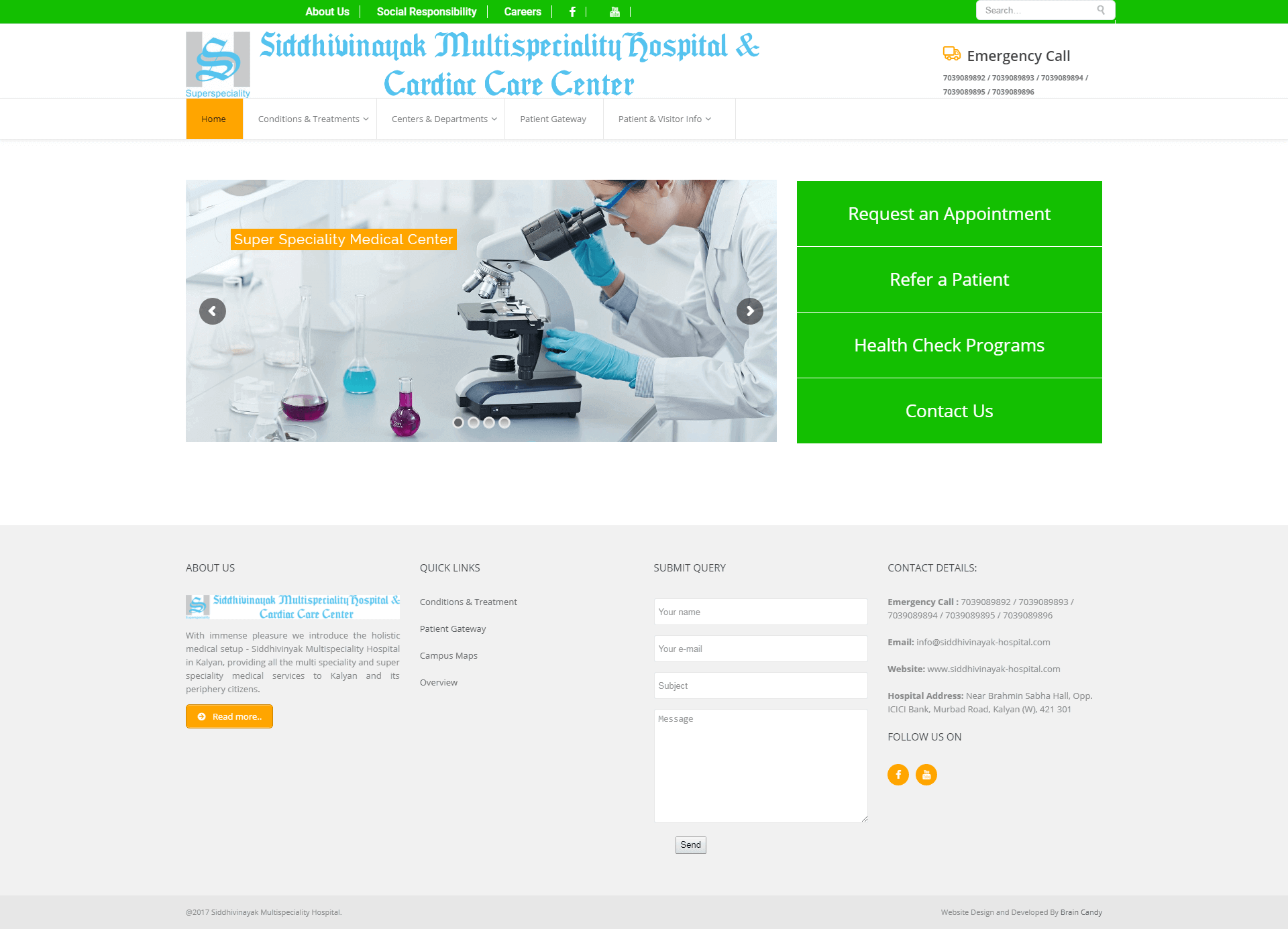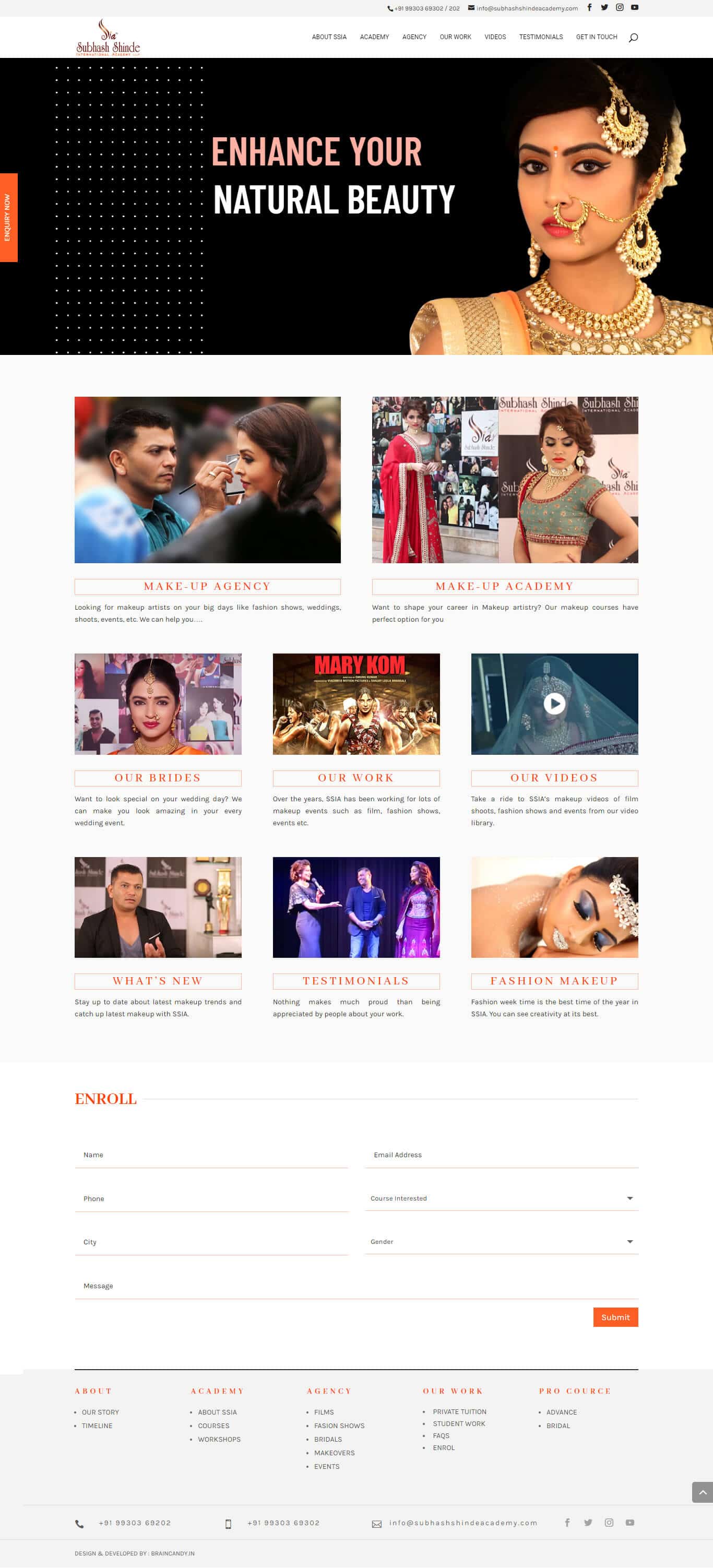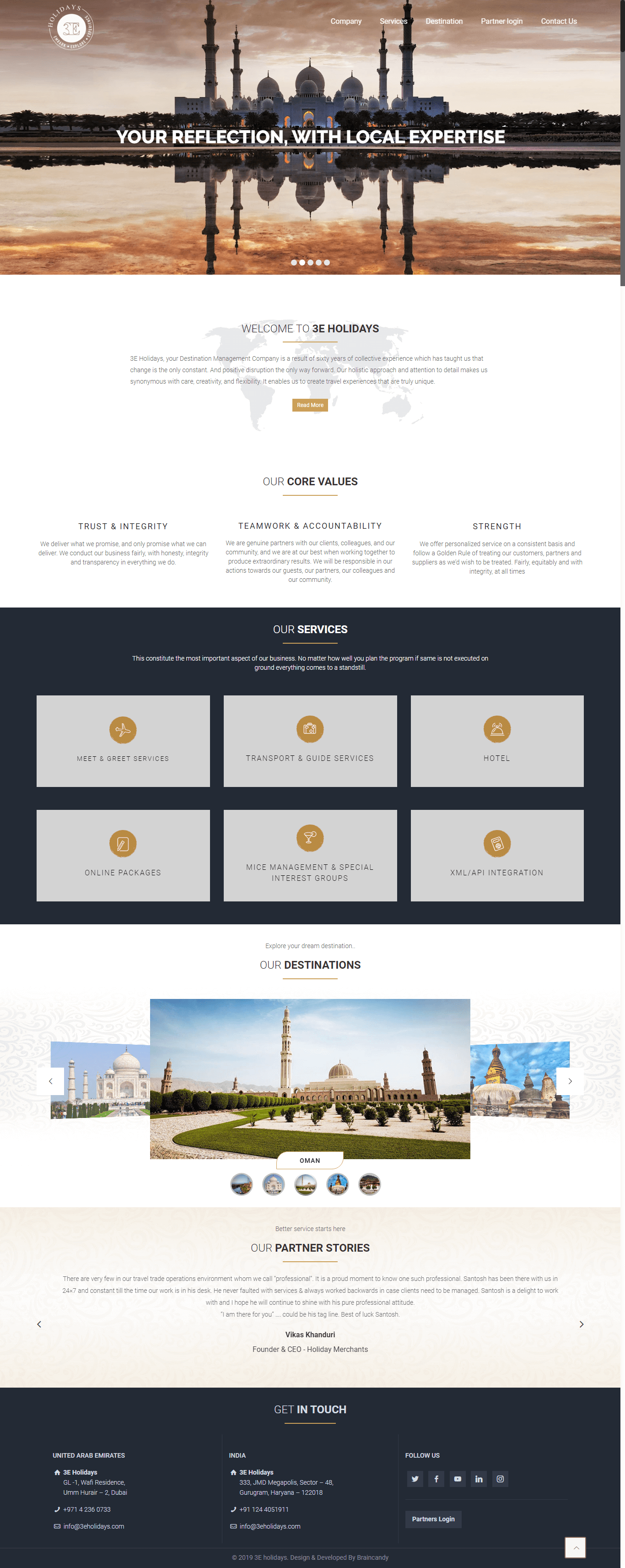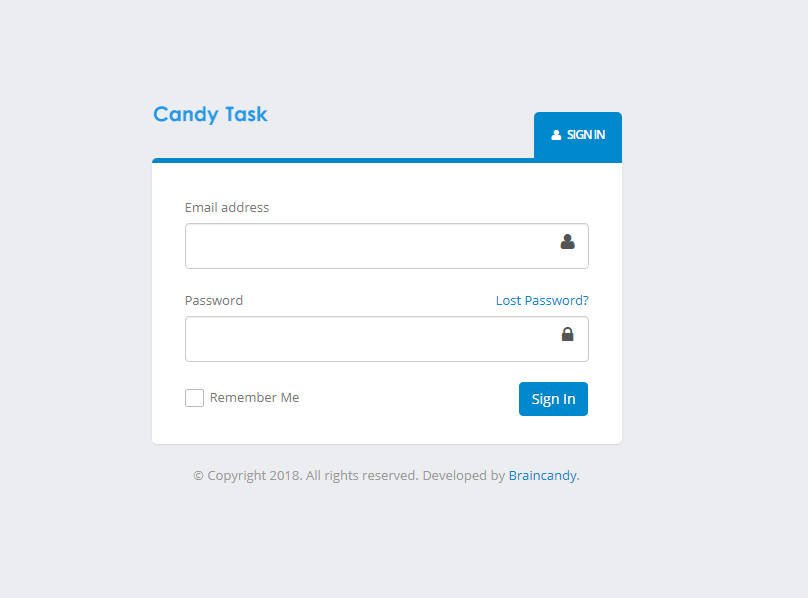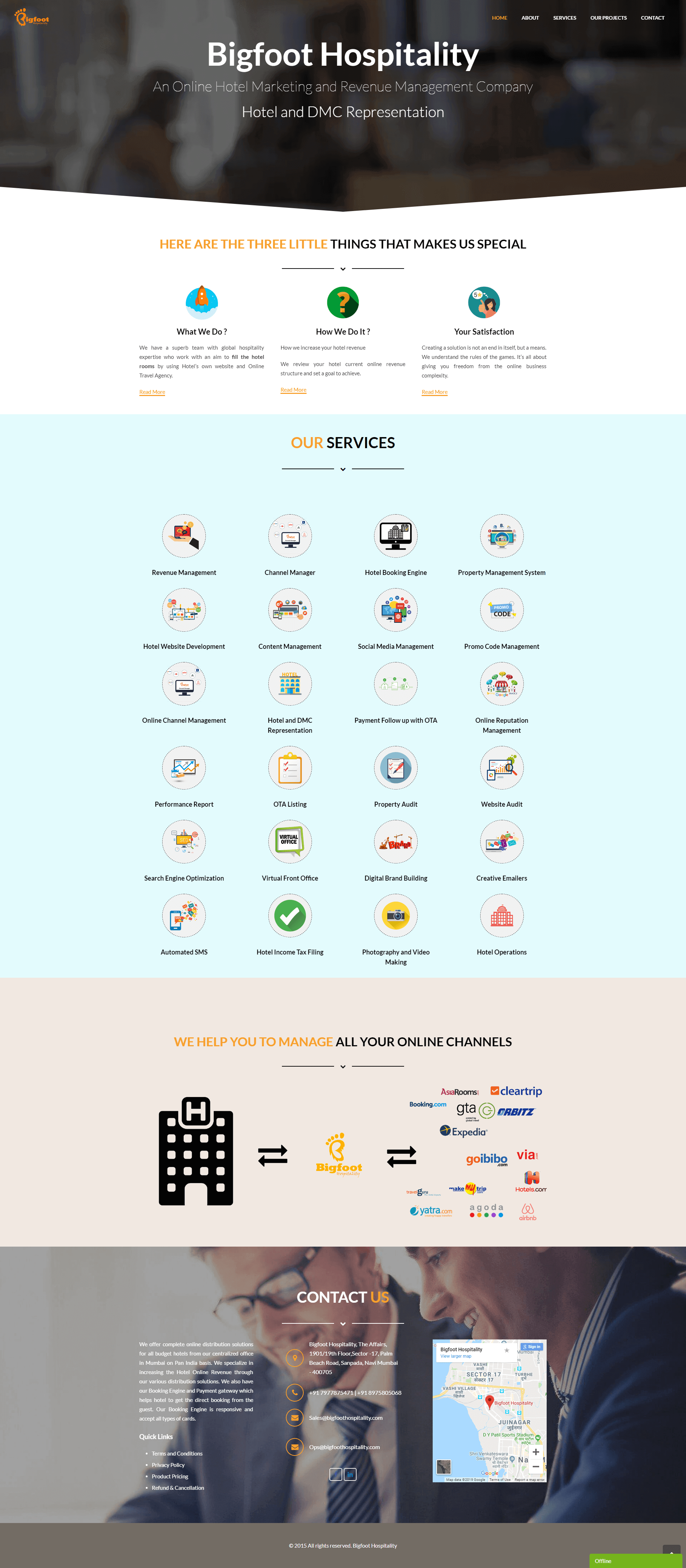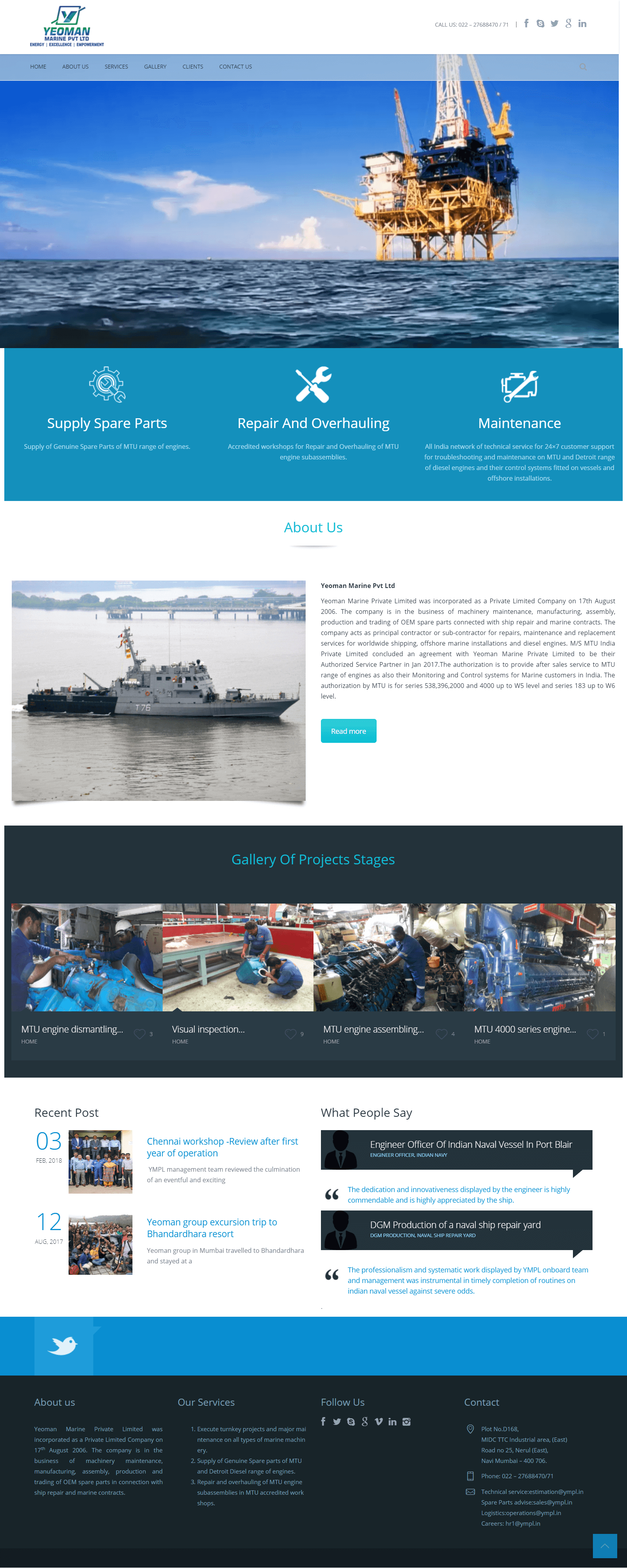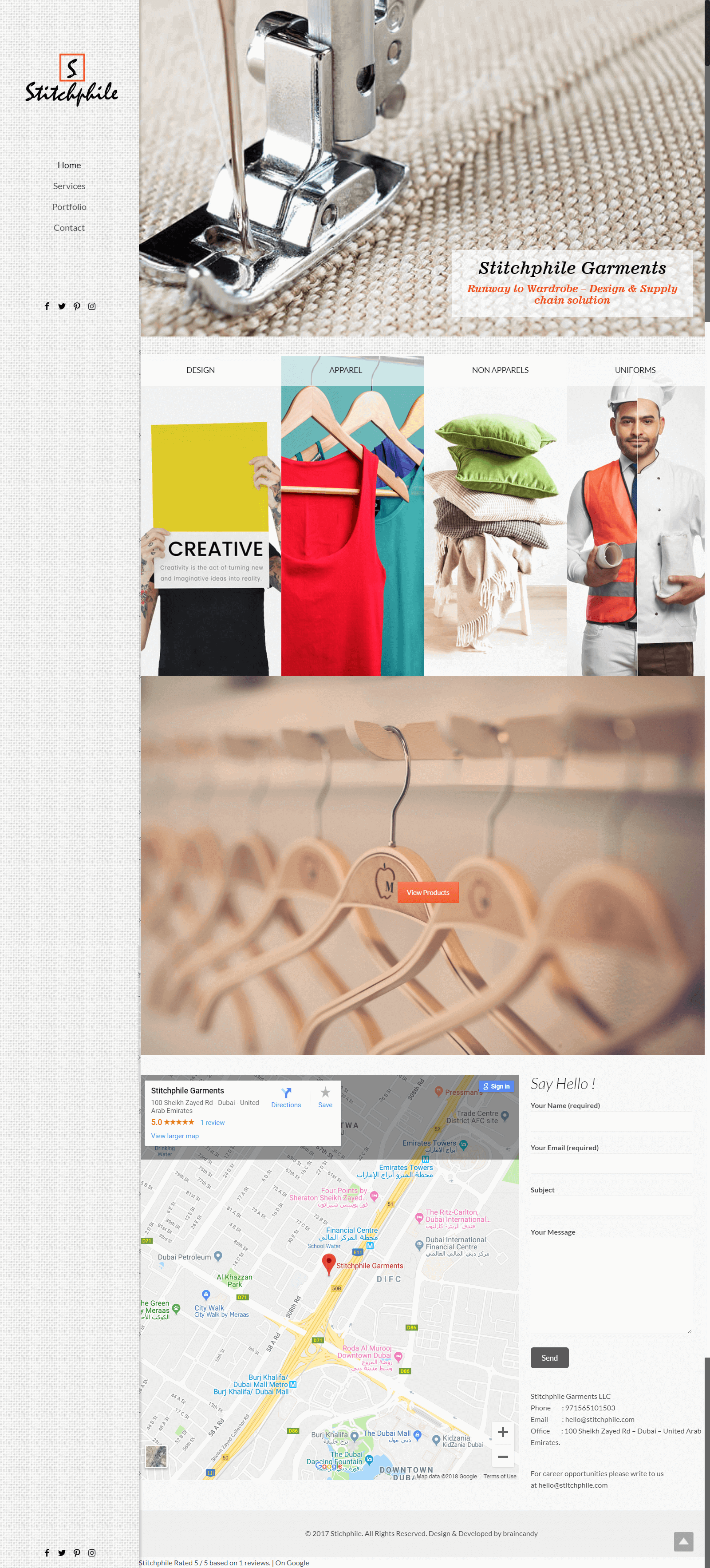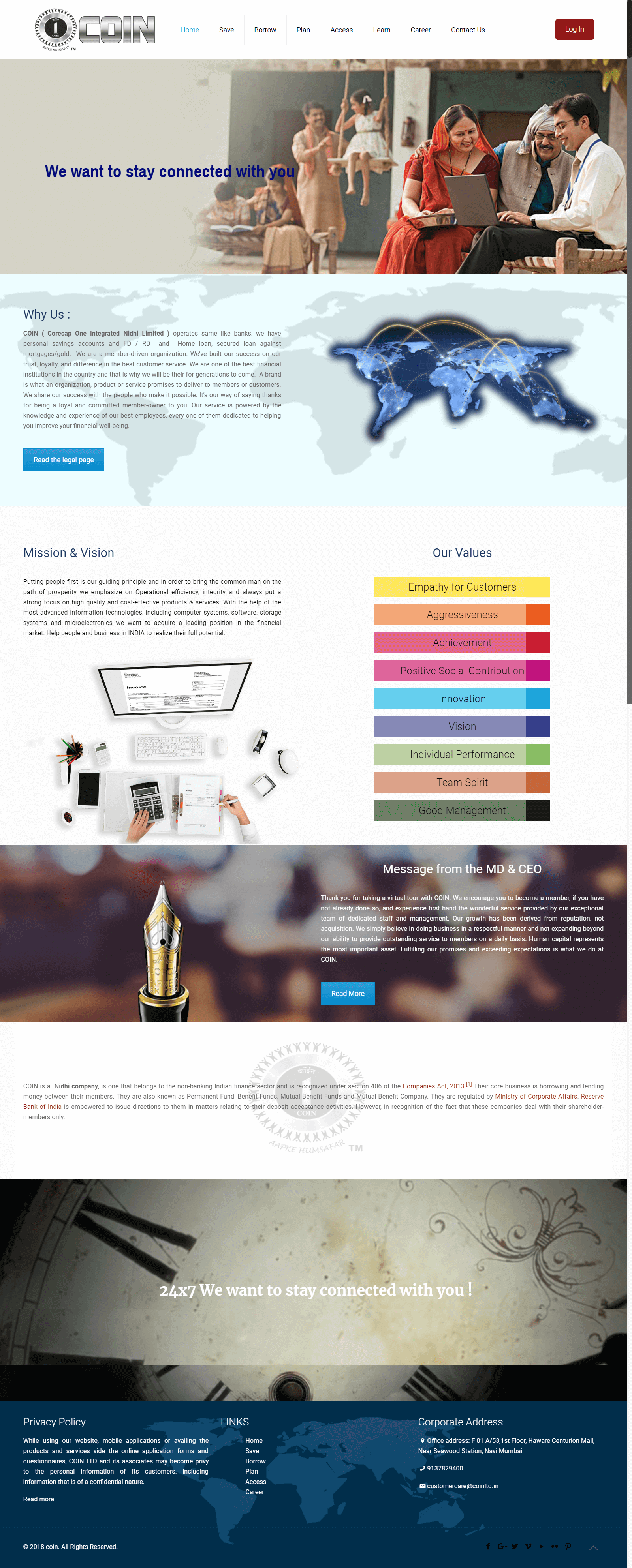- BY braincandy
- POSTED IN PPC, SEO
- WITH 0 COMMENTS
- PERMALINK
- STANDARD POST TYPE


SEO vs PPC? Which is better? Well, it depends on what you’re looking for. SEO and PPC are two of the most common methods for generating traffic to a website. SEO will target your targeted audience over time, while PPC can quickly get you results within days or weeks, depending on how much you spend.
Both methods can help bring in new customers, so knowing how they work will help you make the best choice for your business. By taking some time to research both options, you’ll be able to find out what works best for your company to grow its online business.
This article will go over the benefits of each and give you some tips on how to choose between them.
What is PPC in digital marketing?
What is PPC in digital marketing? Pay-per-click, or PPC, is a type of online advertising that charges an advertiser each time their advertisement is clicked on.
The advantage of this type of advertising is that it’s fast, effective, and targeted toward specific audiences. PPC has become popular over the last decade as more people turn towards online shopping instead of traditional brick-and-mortar stores.
With so many options available when searching online, a company must have a strong presence to stand out from their competitors, or else they risk being ignored completely by potential customers who may otherwise have been interested in their product or services.
PPC Advantages
- PPC ad campaigns are a great way to reach your target audience
- It saves time while still allowing for optimization down the line if necessary
- PPC ads setup is quick
- You also have control over how much you spend on each click
- Helps in geo-targeting
PPC Disadvantages
- Advertising costs can add up quickly and lead inexperienced marketers to waste their money
- Keywords can get expensive quickly. The more specific the keyword, the higher it is priced
- The user has no control over what ads are presented
- Can stop advertising campaigns without warning
- Requires some level of technical expertise to choose and edit ads
What is SEO in digital marketing?
So, you have a website and want to generate sales from it. Search engine optimization can help you get there.
In the digital marketing world, SEO stands for search engine optimization. SEO is part of your company’s online marketing campaign strategy that focuses on ensuring the visibility of a given site/campaign is optimized for search engines like Google and Bing.
In other words, it’s basically optimizing your content so that when users type in certain keywords (i.e., “what are good Boston restaurants?”), your site will show up in any search result listings.
SEO relies heavily on great content and inbound links. It is generally a matter of link building that gradually builds website authority. Website relying only on SEO takes extra time to build their presence on the internet.
SEO Advantages
- Boost organic search results but also improve conversions
- Improve visibility in local searches
- It helps building strong brand awareness
- Increased traffic due to higher rankings within SERPs
- It’s free and credible as the consumer gives priority to organic results
SEO Disadvantages
- May not see any immediate boost in rankings
- Difficulty converting traffic into customers
- Needs the expertise to keep up with changes in search engine algorithms which can affect rankings
- SEO done by someone else might harm your site
- Highly competitive and works best only at well-optimized websites
Difference Between SEO and PPC
Two of the most common terms in digital marketing are search engine optimization (SEO) and pay-per-click advertising (PPC). Both are integral to making your website more visible in search engines like Google, Bing, or Yahoo! The prime difference between SEO and PPC is described in the following table.
SEO vs PPC: Which is better for business
Search engine optimization (SEO) and paid search (PPC) advertising are both means of marketing your product or service to prospective customers. They’re similar in some ways, but the differences can make one more effective than the other for your business.
| SEO | PPC |
| 1. SEO is generally less expensive | 1. Cost of PPC campaigns are relevantly high |
| 2. It takes a long time to attract visitors | 2. PPC campaign attracts more visitors |
| 3. Organic results provide less direct suggestions thus conversion rates are low | 3. PPC has a higher chance of converting prospects into customers |
| 4. SEO is about having good content | 4. It is about having good investment |
SEO vs PPC: Which Is Best?
Both SEO and PPC allow you to drive traffic to your website. However, SEO is a natural or organic method of bringing new customers because it’s essentially free. Paid search ads are typically much less expensive than other types of online advertising like email marketing, but the costs add up quickly if you do not see ROI (return on investment).
Since SEO remains one of the cheapest ways to market your business, many businesses will go with SEO when it comes time to choose between these two options for driving traffic. Paid search can be useful for leading people directly to sales pages – rather than general product information pages – but companies often set up PPC campaigns without direct links or calls-to-action, which decreases their conversion rates.
In short, if you are looking for immediate sales and have money to invest, then go for PPC campaigns. However, if you have no time issues, then SEO is best because it is less expensive and builds your brand name over time.
Summing Up
SEO and PPC. Which of these two strategies is right for your business? Well, it depends on what type of industry you’re in and how much budget you have available to spend per month or year. Ideally, a combination of SEO and a well-structured PPC campaign will produce the best results for most businesses. If you need immediate visibility and traffic, then engaging in a PPC campaign may be the way to go; if you want better long-term growth rates without paying for website visitors, then go for SEO.
